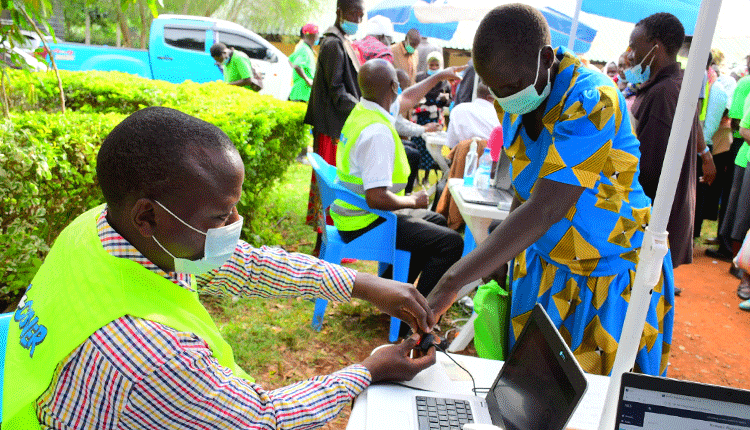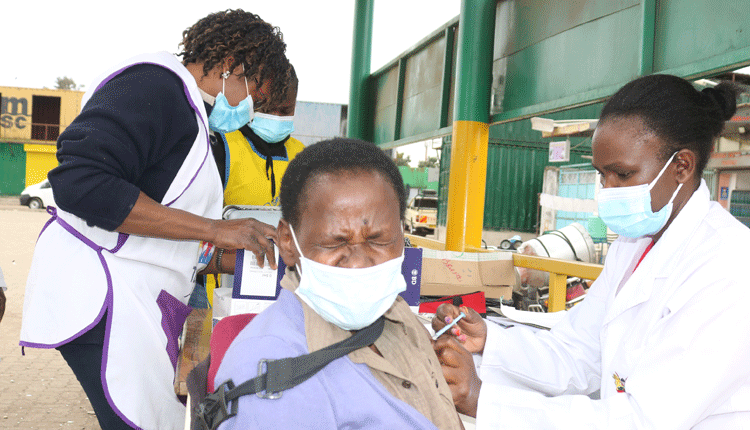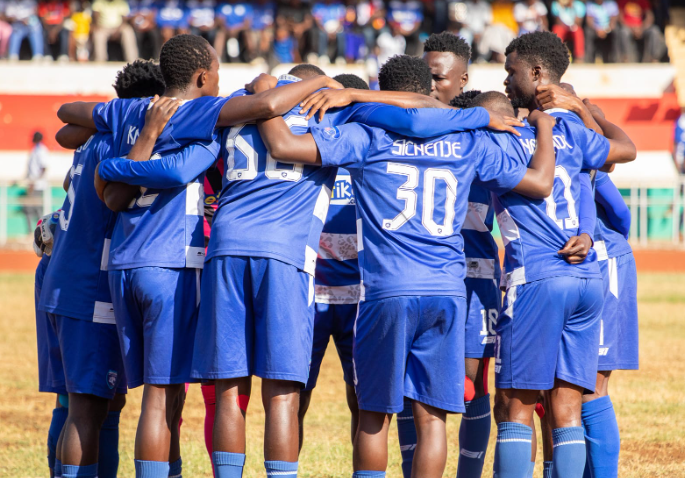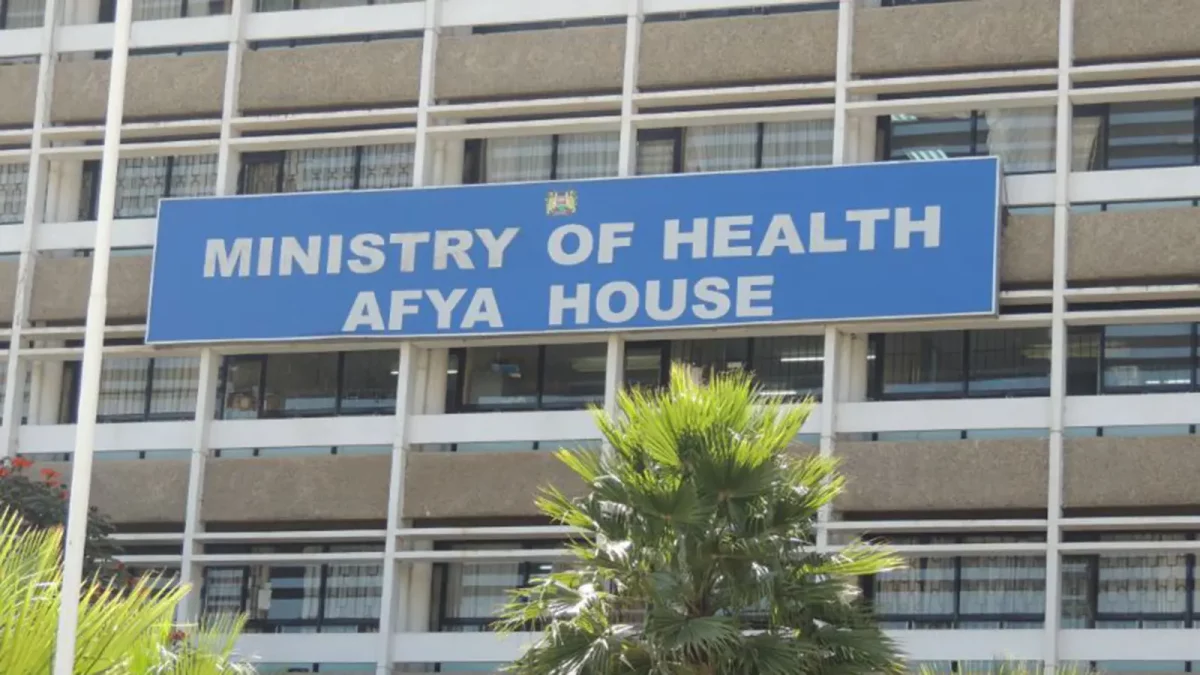Deejay whose feet work wonders on the decks
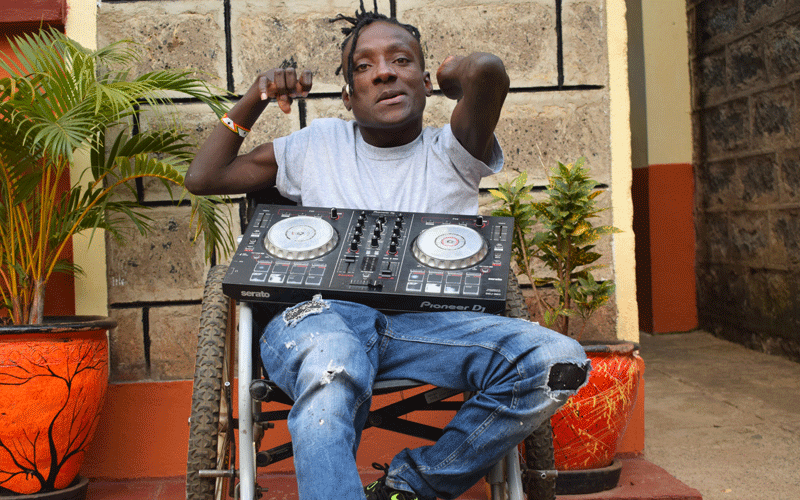
In the midst of Covid-19 pandemic, Joseph Kamau aka DJ Skylla has been entertaining and giving hope to the masses online. But behind the bubbly face is a tough childhood and stigma after he was diagnosed with cerebral palsy as an infant.
Harriet James @harriet86jim
Sometimes, success is not measured by what you accomplish, but by the opposition you have encountered, and the courage with which you have maintained the struggle against overwhelming odds.
This is one of American inspirational author, Orison Swett Marden’s, famous quotes.
This quote tells the life of Joseph Kamau, a Disk Jockey (DJ) who though he was diagnosed with cerebral palsy when he was just three months old and has stumps for hands, he spins his deejaying decks using his feet.
Since Covid-19 hit the country in mid-March resulting to measures that saw social distancing effected and events have limited number of people, Kamau, who goes by the stage name DJ Skylla has been using his social media pages to showcase his unique skills.
Thanks to this, he now gets to share his mixes to a wider audience. And loads of social media users have been flooding his Facebook page to laud his skills on the turntable.
Soaring online
The bubbly DJ has been an inspiration to many, encouraging people to come out of their comfort zones and do more with their lives.
“I’m proud of myself seeing how I have grown in my career even through the pandemic.
I hope that I will have more gigs now that we are slowly reopening the country,” he says.
DJ Skylla was inspired to go live with his deejaying skills by his former classmate, Robert Kimotho.
When he began, only 10 people comprising of his cousins and sister logged in.
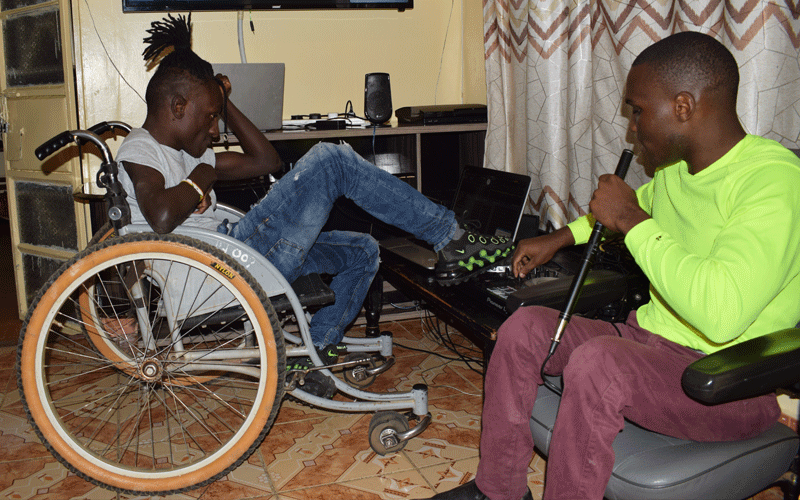
Then it grew to a hundred and now thousands thanks to an American who shared it to his circle of friends.
“One person from the US saw me and enjoyed what I played that night. He was moved to see me spinning with my legs and shared my story to his circle of friends.
I then got invited to various Facebook pages during this period where people are locked in their houses,” he says.
DJ Skylla recalls the pain and rejection in his childhood caused by cerebral palsy diagnosis, a condition that rendered his motor-skills ineffective.
His father abandoned them as soon as he heard that his son was disabled and his mother was forced to move to Nairobi to earn a living as a hairdresser, leaving him and his elder sister with their grandmother.
He didn’t have a wheelchair, hence his sister would carry him on her back. “Sometimes she would miss school when there was no one to look after me,” he narrates.
Lonely childhood
They also faced a lot of stigma. Some parents would tell their children not to play with us, saying we were cursed.
“At least nowadays there is a lot of awareness and people have become more accepting. But back then, it was bad.
I felt that people judged us and didn’t want to be associated with us. When my sister carried me, people would stare at her while others would offer her cash thinking that I was a beggar,” she says.
Such words would affect DJ Skylla and his sister. Sometimes, his sister would be embarrassed to walk around with him.
Then in 2000, their aunty who resided in Germany brought him a baby stroller. Sadly, it crushed because of his weight as he was six years old.
DJ Skylla went to school much later in life when he was aged 10. At first, he was taken to a school for mentally handicapped in Nakuru.
“The mentally challenged students used to pick on me a lot. They would bite, scratch and sometimes beat me up. This would discourage me from learning,” he recalls.
Noticing how this affected her son, DJ Skylla’s mum transferred him to Joitam Academy in Thika in 2005.
The school catered for students with special needs. He often repeated classes as his class teacher couldn’t allow students who couldn’t write well to move to the next class. He was learning to use his feet for writing.
As a result, he hated school a lot and this continued to affect his performance.
Starting small
“I finished Class Eight in 2015, but I didn’t desire to go to secondary school. I felt it wasn’t for me,” he adds.
However, despite the negative experiences in school, he learnt one skill that would later help him earn a living and earn him some fame.
He used to go to the computer lab and watch a lot of music mixes on YouTube, something that triggered his passion for deejaying.
When his mother asked him what he desired to do, he told her that he wanted to be a DJ. By this time, his mum was financially stable and had even bought him a wheel chair.
His family thought it would be hard because of his condition. But by this time, he had learnt to perform tasks with his feet. However, finding a school was not a walk in the park.
“After being rejected in a number of schools, I was accepted at Platinumz Loyal Entertainment Centre along Ngong Road,” says the DJ.
However, the school was on top floor of the building and since it was challenging for him to get there, his cousin would accompany him to carry him to his class.
After honing his skills for three months, he was good to go. He hoped to get a job, but still, it wasn’t easy.
“I would go to places and they would reject me thinking that I was a beggar. I was heartbroken,” he adds.
But watching other DJs eke a living and creating a name for themselves while at it made him remain hopeful. At times, he would get jobs, but end up not being paid.
Slowly, DJ Skylla started getting gigs to perform at weddings and graduation parties, which at least pay.
He also registered a company, Skylla Entertainment, last year just to watch how far his skills could take him.
In addition, he mentors other young people who are disabled coaching them to acquire deejaying skills for free. He also sells T-shirts and caps to sustain himself.
